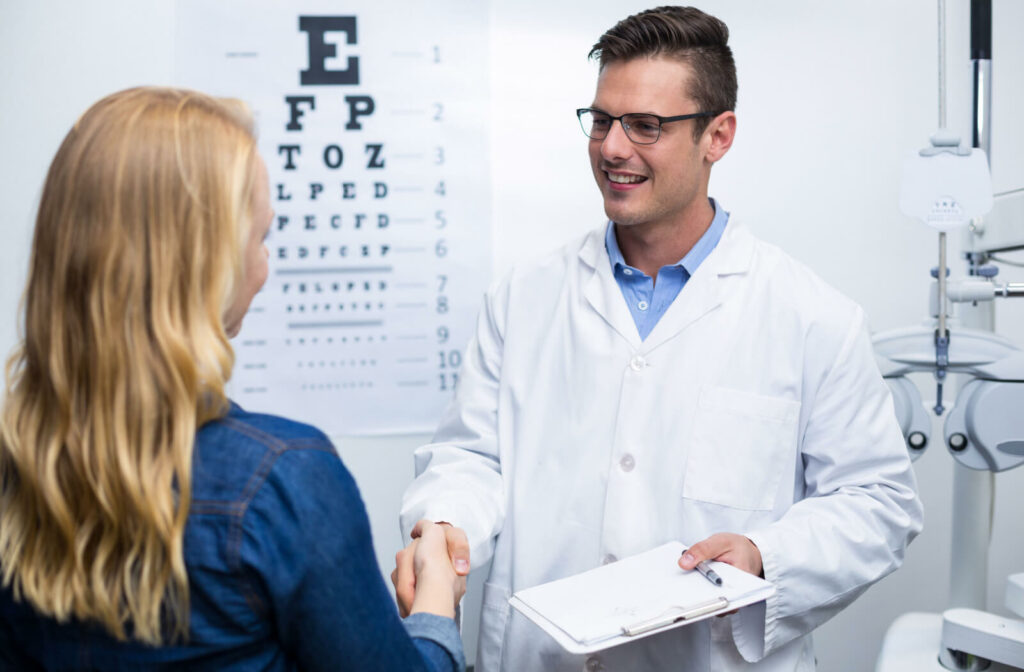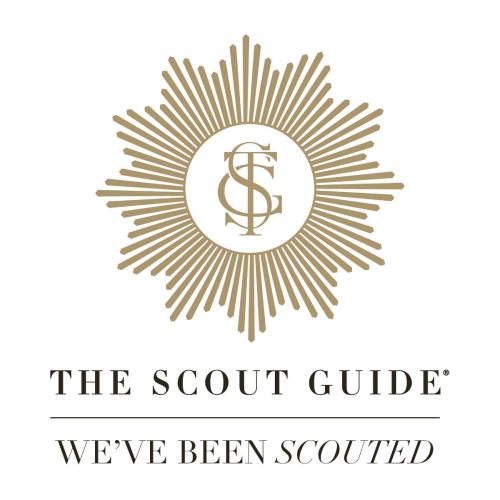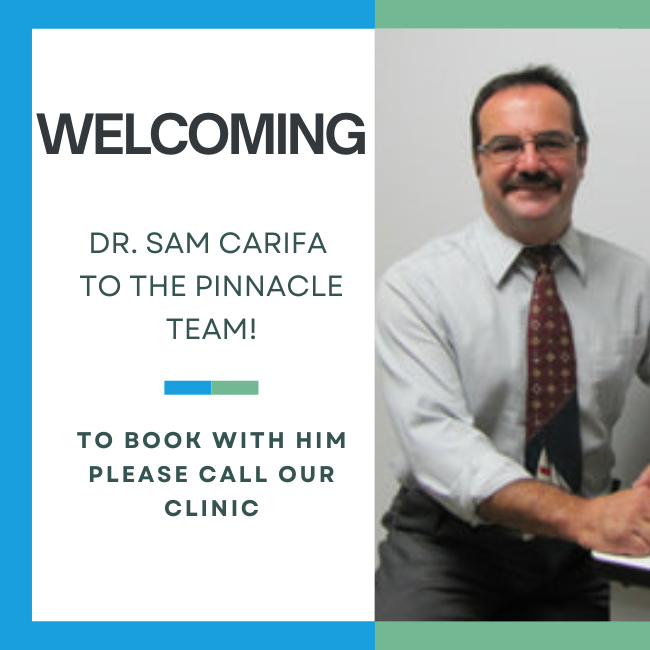Whether you’re driving, hiking, going for a stroll, or just spending some time outside, your night vision is an essential tool. However, your eyes are extremely complex, and they need some help to properly do their job—especially in low-light conditions. That’s why our team here at Pinnacle Eyecare has a list of different ways you can improve your night vision!
10 tips to improve night vision include:
- Take time to adjust
- Keep your glasses and contacts close
- Get enough sleep
- Follow a healthy diet
- Take nutritional supplements
- Avoid tobacco
- Discuss medications with your doctor
- Avoid bright lights
- Be aware of your limitations
- Regularly visit your optometrist
1. Take Time to Adjust
The human eye needs time to adapt to the dark. When you’re transitioning from a bright area to a dimly lit environment, your pupils need to dilate to allow more light to reach the retina—the light-sensitive tissue at the back of your eye responsible for helping you see.
This process isn’t as quick as most people would like, typically taking between 10–30 minutes before reaching a point where you have comfortable vision. It takes even longer to reach fully clear vision as the eye constantly makes tiny adjustments.
However, this delicate process can be interrupted if you return to a bright area. Your eyes will adjust to their previous state, making it much more difficult to see clearly without light. To make the most of your night vision, give your eyes time to adjust.
2. Keep Your Glasses & Contacts Close
Proper vision correction is one of the easiest steps to keeping your vision clear. While glasses and contacts are an essential piece of the puzzle for improving your daytime vision, they’re even more important at night for navigating the world safely.
Make sure that:
- Your lenses are clean
- Your frames fit properly
- Any contact lenses aren’t expired
- Your prescription is up-to-date
You can also speak with your optometrist to discuss anti-reflective lenses to improve your night vision.
3. Get Enough Sleep
Sleep is one of the most important parts of staying healthy. While you rest, your body rests and repairs any damaged cells—including those in the eyes. This process lets you feel well-rested and keeps you healthy.
Adequate sleep is essential for eye health and all the other processes in your body. Aim for 7–9 hours of uninterrupted sleep every night so your eyes can recuperate and function properly.
4. Follow a Healthy Diet
Your eyes are complex, and they need certain nutrients and vitamins to do their job. Make sure you’re following a healthy diet so your eyes get what they need. Try to incorporate the following into your weekly diet:
- Leafy greens, berries, nuts, and seeds. These foods are rich in antioxidants, vitamins A and C, and other essential nutrients that support eye health.
- Omega-3 fatty acids, found in fish like salmon and tuna, are also crucial for maintaining good night vision, as they can help protect against age-related vision problems.
- Eggs and dairy products, which provide vitamin A, lutein, zeaxanthin, and zinc, are beneficial for eye health and can support night vision.
- Whole grains and legumes, great sources of zinc and vitamin E, can help protect the retina and lower the risk of long-term eye diseases.
A healthy diet helps give your eyes what they need and even plays a part in preventing certain eye conditions that can make night vision worse.
5. Take Nutritional Supplements
Sometimes, it’s difficult to incorporate certain foods into your diet. Allergies can get in the way, or even finding some foods to begin with can be difficult. If this is the case, try incorporating supplements into your diet, like:
- Omega-3 fatty acids
- Vitamin C
- Zinc
- Lutein
- Zeaxanthin
Speak with a healthcare professional to determine what supplements could be beneficial for you.
6. Avoid Tobacco
It’s well-known now that tobacco can be extremely detrimental to our heart, lungs, and cardiovascular system. However, it can also cause significant problems for the eyes.
The components in tobacco can damage the cells in the eyes that help you see clearly at night. They also cause inflammation, which can cause further damage to the eyes.
Tobacco can also significantly affect your risk of developing some eye conditions. Quitting smoking is an essential step to prioritizing your overall health and preserving your vision.
7. Discuss Medications with Your Doctor
Certain medications, like those used for allergies or high blood pressure, can have a negative effect on your vision. If you’re taking any medication, make sure to research potential side effects; this could be affecting your night vision.
Speak with your healthcare provider to determine if there are any alternatives to your existing medication or find strategies together that can help manage any unwanted side effects.
8. Avoid Bright Lights
Exposure to bright lights—especially later in the day—can temporarily affect how your retinas focus light. If you know you’ll be in a low-light environment soon, try avoiding bright lights, screens, or any other source of direct light. For devices, try setting up the blue light filter option to make it easier on your eyes.
When you’re driving, try setting any electronics to night mode and keep your interior lights dim. This way, you can let your eyes naturally adjust, and avoid making your night vision worse.
9. Be Aware of Your Limitations
Sometimes, you can make all the changes in the world and be unable to improve your vision. Make sure that you fully understand your limitations, and make adjustments and accommodations as necessary to avoid putting yourself at risk.
If you have difficulty seeing at night, avoid driving in dark conditions when possible, or try riding along with a friend. If you plan on going for a walk, try bringing along a flashlight. By being aware of your limitations and making small changes to keep yourself safe, you can lower the risk of an accident.

10. Regularly Visit Your Optometrist
One of the easiest ways to keep your eyes protected and healthy is through regular visits with our team at Pinnacle Eyecare. We can monitor any changes in your eyes, determine if an underlying condition is contributing to your night vision problems, and provide solutions and alterations to keep your eyes healthy and strong.
Book an appointment with us today, and let’s work together to keep your vision clear.






